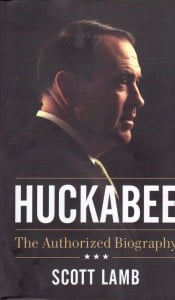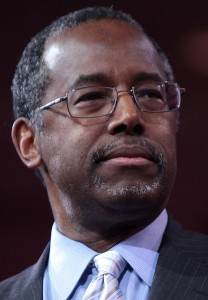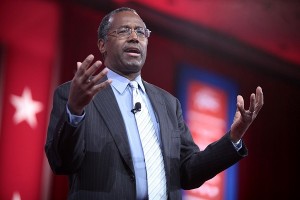“In our age, the road to holiness necessarily passes through the world of action.”
–Dag Hammarskjöld
U.S. Secretary-General, 1953-1961
 Dag Hammarskjöld. Dag Hammarskjöld. Dag Hammarskjöld.
Dag Hammarskjöld. Dag Hammarskjöld. Dag Hammarskjöld.
It’s funny how sometimes a childhood memory pierces through years of overlaid data and forces its way into the present. I was a young child—in early elementary school, I suppose—when I first learned the name of the Secretary-General of the United Nations. I learned to say his name and to spell it, complete with the umlaut, those two little dots over the “o” which are common in words of Scandinavian origin. I remember repeating it over and over, listening as the unfamiliar syllables rolled off my tongue. It was an affectation, I suppose—a performance intended to amaze my friends and family with my mastery of the language.
Dag Hammarskjöld came to mind again this week, because L’Osservatore Romano published a tribute to the world leader on the 50th anniversary of his death in a plane crash believed by some to be an assassination.
As leader of the United Nations, Hammarskjöld worked tirelessly to achieve peace in troubled regions of the world. When his plane crashed, he was en route to negotiate a cease-fire between “non-combatant” U.N. troops and Katangese troops of Moise Tshombe, in Northern Rhodesia. For this and for other efforts on the world stage, he was nominated for the Nobel Peace Prize—which was then awarded after his untimely death.
President John F. Kennedy, speaking of Hammarskjöld after his death, said, “I realize now that in comparison to him, I am a small man. He was the greatest statesman of our century.”
Encouraging Prayer at the United Nations
Hammarskjöld had a visionary plan for the U.N., which he once described as a “secular church.” He believed in the efficacy of prayer, while respecting others’ faith traditions; and he planned and supervised every detail of a “meditation room” in the U.N. headquarters, a place dedicated to silence where people could withdraw into themselves, regardless of their faith creed or religion.
The Measure of a Man
What, in Dag Hammarskjöld’s eyes, was the most important quality in world leaders, civil servants and diplomats? “Spiritual maturity,” he wrote in his spiritual autobiography, Markings. Freedom for him, says L’Osservatore Romano, did not equal unrestrained individualism, but the courage and humility to follow a vocation and live according to your conscience. L’Osservatore Romano noted the strong similarity between this definition and that given by Pope Benedict XVI in his interview with Peter Seewald. In that interview, published in Seewald’s book Light of the World, Pope Benedict called freedom of religion “a way of peace”; Hammarskjöld would doubtless have agreed.
The Noble Role of the United Nations
Under Hammarskjöld’s leadership, the U.N. enjoyed the respect of the world’s nations—in no small measure due to his emphasis on its founding principles. In a statement to the General Assembly in October 1956, he reminded them of this fact: “The principles of [the Charter of the United Nations] are, by far, greater than the Organization in which they are embodied, and the aims which they are to safeguard are holier than the policies of any single nation or people.”
In 2011, the Vatican has expressed grave concern regarding some contemporary leanings of the U.N.—specifically, the push to redefine gender and the omission of “parental rights,” particularly parents’ right to choose the education for their children, including education about authentic human love, marriage, and the family. Hammarskjöld, a member of Sweden’s Lutheran Church, would certainly have raised his voice in support of Rome on this issue.











